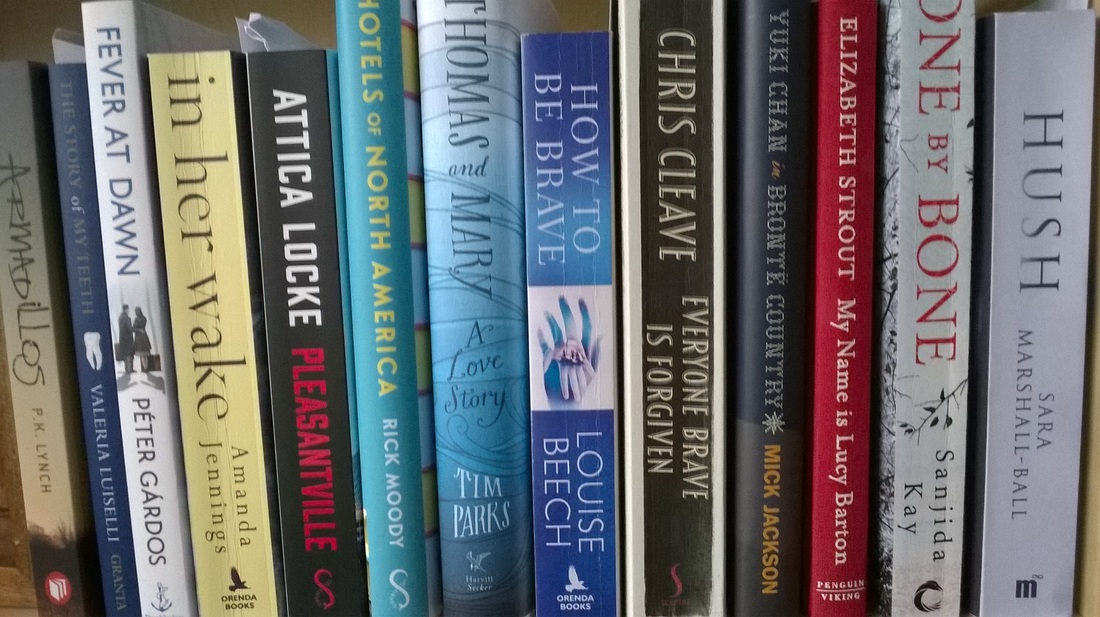I have an idea where it might come from. We were taught that humility is a virtue and pride a sin. But with the ever-so-‘umble Uriah Heap one of the slipperiest Dickensian characters we’ve been warned of the unattractive face of exaggerated claims to humility. Why not learn from the Pride movements of marginalised identities, such as LGBT, to claim proud not as a vanity, but as triumph over prejudice and a joyful self-acceptance?
I’m proud to have published a novel that readers seem to enjoy, happy with what I’ve achieved while acknowledging a huge leap for Anne is a teeny tiny step for womankind. I’ve been moved and touched by the generosity of the reviews, but I most definitely haven’t been humbled (as in shamed or robbed of my pride). And if an author were to say they’d been humbled by one of my reviews, I’d be insulted, unless it were a really damning review, as it would mean the appreciation of someone like me equates with a drop in their status.
A writer, at whatever stage, will have enough genuinely humbling experiences to prevent our heads growing excessively large. Remember that descriptive paragraph you slaved over that your critique group considered riddled with cliché? Remember the story you poured your heart into that was dismissed as oversentimental? There’s the gruelling journey to publication and, once published, the discovery that, apart from perhaps at your launch party, readers aren’t queueing up to read your words. Then there’s the inability to find your name on the latest literary prize longlist, and the painful reviews. Even highly successful authors aren’t immune from the feeling of failure when their work doesn’t manage to shine.
So let’s not deny our achievements in a simpering false humility. If full-blown pride is too scary, how about the other h-word? I’d be honoured if you would share your reactions to my thoughts.






















 RSS Feed
RSS Feed





















